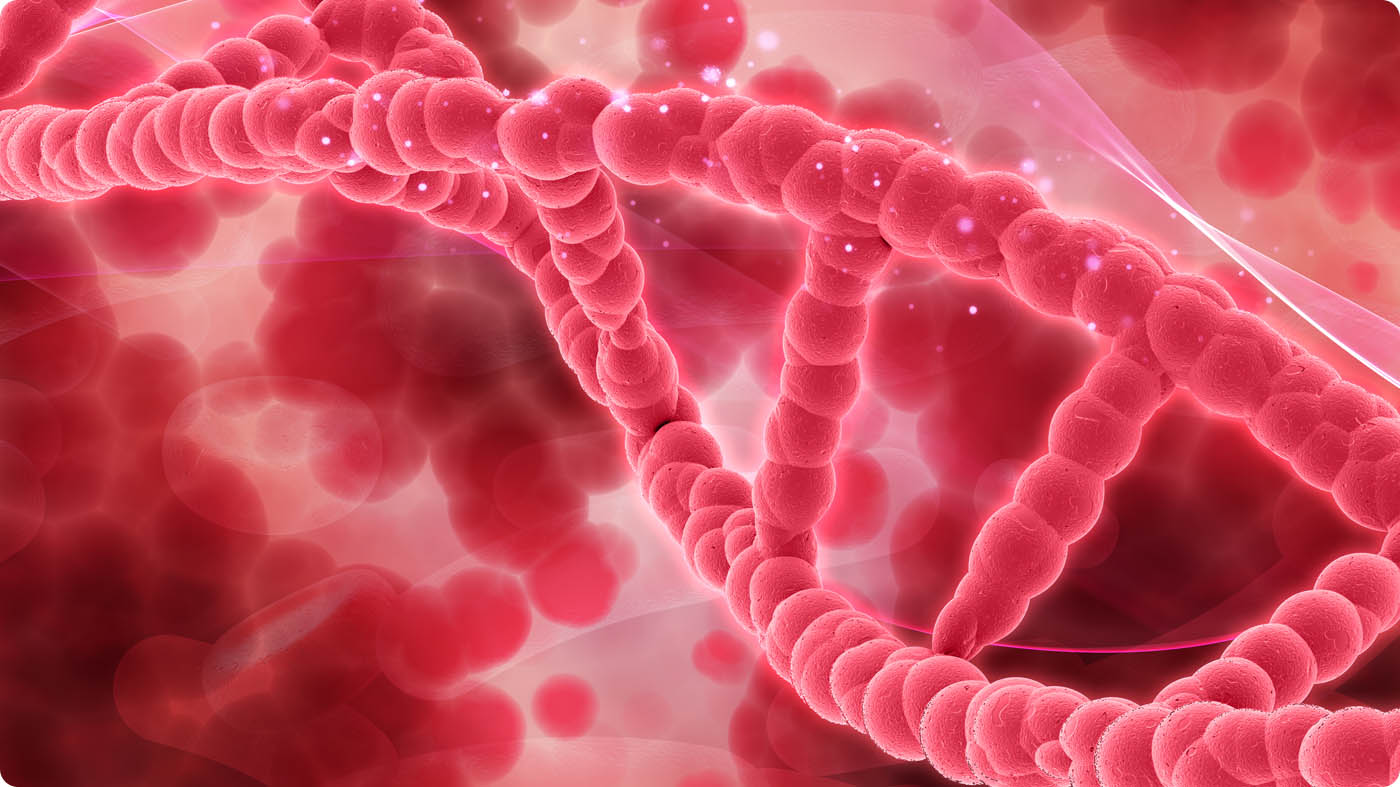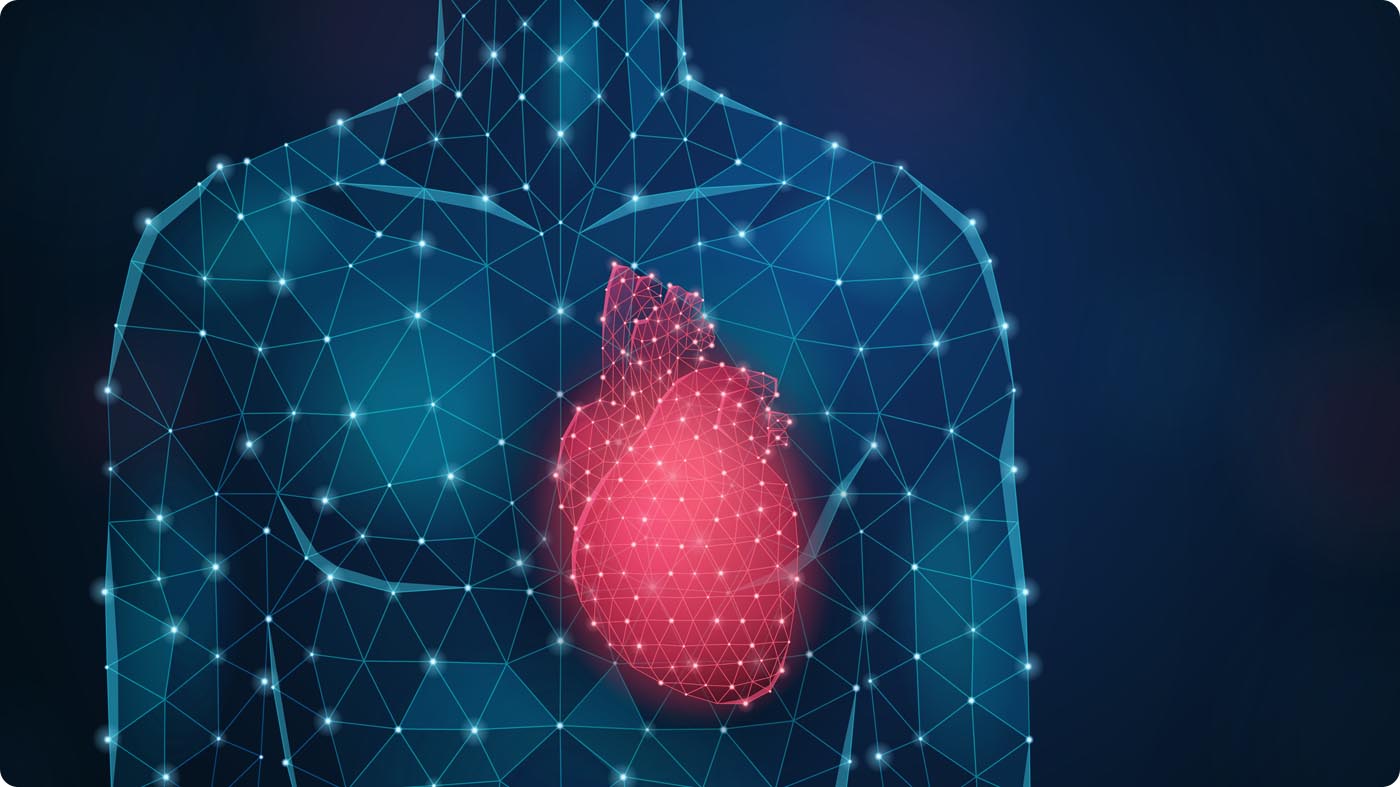Unlocking the Power of Molecular Hydrogen: A Breath of Fresh Air for Vascular Health

In the quest for optimal health and well-being, scientific research continues to unveil groundbreaking discoveries, and one such revelation is the promising role of molecular hydrogen in promoting vascular health. As an invisible superhero, molecular hydrogen is gaining recognition for its potential to revolutionize cardiovascular wellness. In this article, we explore the exciting developments and emerging evidence supporting the positive impact of molecular hydrogen on vascular health.
The Basics of Molecular Hydrogen
Molecular hydrogen, consisting of two hydrogen atoms bonded together, has long been recognized for its therapeutic potential. With its small size and ability to penetrate cell membranes, molecular hydrogen possesses unique properties that set it apart as a potential game-changer in the realm of vascular health.
Antioxidant Powerhouse
One of the key mechanisms through which molecular hydrogen benefits vascular health is its potent antioxidant properties. Oxidative stress, caused by an imbalance between free radicals and antioxidants, is a known contributor to cardiovascular issues. Molecular hydrogen acts as a selective antioxidant, specifically targeting and neutralizing harmful free radicals, thereby mitigating oxidative stress and promoting a healthier vascular environment.

Molecular Hydrogen's Antioxidant Power
Anti-Inflammatory Effects
Chronic inflammation is a common factor in various cardiovascular conditions, including atherosclerosis and hypertension. Molecular hydrogen has shown promise in reducing inflammation by modulating inflammatory pathways and suppressing pro-inflammatory molecules. This anti-inflammatory action contributes to maintaining the elasticity of blood vessels and reducing the risk of atherosclerotic plaque formation.
Regulating Blood Pressure
Hypertension, or high blood pressure, is a major risk factor for cardiovascular diseases. Excitingly, studies suggest that molecular hydrogen may have a blood pressure-regulating effect. By promoting the production of nitric oxide, a molecule known for its vasodilatory properties, molecular hydrogen helps to relax blood vessels, improving blood flow and reducing the strain on the cardiovascular system.
Improving Endothelial Function
The endothelium, a thin layer of cells lining blood vessels, plays a crucial role in vascular health. Molecular hydrogen has demonstrated its ability to enhance endothelial function by supporting the production of nitric oxide and protecting endothelial cells from oxidative stress. A healthier endothelium contributes to better blood vessel function and overall cardiovascular well-being.

Promoting cardiovascular resistance using molecular hydrogen
Promoting Cardiovascular Resilience
Beyond its specific effects on oxidative stress, inflammation, blood pressure, and endothelial function, molecular hydrogen has been found to confer overall cardiovascular resilience. By addressing multiple aspects of vascular health, this unassuming molecule emerges as a comprehensive ally in the prevention and management of cardiovascular diseases.
Conclusion
As research on molecular hydrogen and its effects on vascular health continues to unfold, the evidence thus far is both exciting and promising. The potential of this tiny molecule to positively impact oxidative stress, inflammation, blood pressure, and endothelial function positions it as a powerful and multifaceted tool in the pursuit of cardiovascular well-being. Embracing the potential of molecular hydrogen could pave the way for a healthier, happier heart and a brighter future for vascular health.
